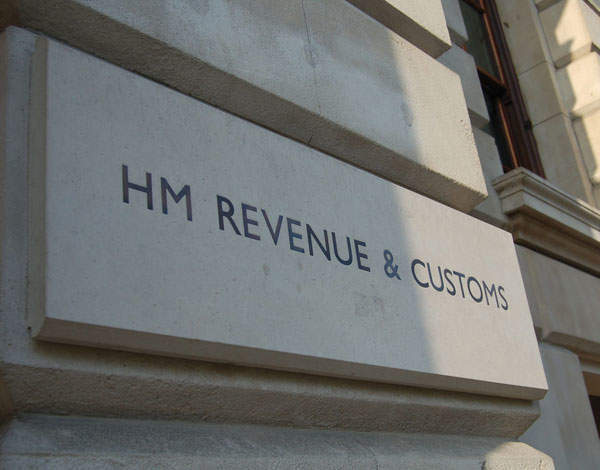

COLLECTING ANXIETY
Many of us shifted in our seats uncomfortably when we heard the Chancellor of the Exchequer announce in the Budget that HMRC was to be given the power to take money directly out of taxpayers’ accounts, without resort to the courts, where the taxpayer was seriously in default in paying what was due. Reviewing the consultation document, prior to legislation expected in 2015, has not made me feel any better about the proposal.
Is there any reason for viewing a tax debt as different from any other debt? A tax debt is a simple civil debt: how much does the statute/law say you owe? At that stage, it is no different from the liability to pay under any contract you might make with your local shopkeeper. There will be a date on which payment is due, known either expressly or by operation of law. Within that contract, there may be provision as to payment by instalments, or on some other deferment.
In the world of tax, governments have legislated for hastening recovery of what is owed by a variety of methods. Deduction at source from earnings under PAYE is the obvious example, as is payment in two half-yearly instalments, all of which shift forward the collection date. Also, HMRC does have a range of options for collecting money under individual arrangements when, for example, a liability has arisen from under-payment of tax through PAYE. Indeed, HMRC has an armoury of devices already to collect what is owed, including distraint on personal assets.
As with any contractual arrangement, there will be cases where the debtor will not pay and there has to be enforcement of the debt. Sometimes we hear of cases where large corporations use their economic muscle to pressure a small supplier and do not pay their bills. Outrage is expressed and the government suggests a code of conduct which is intended to shame the large corporation as a responsible corporate member of the community.
But do we hear the government suggesting that the small supplier should be able to adopt a mechanism to raid the large corporation’s bank account?
Priorities
Is there something that makes a tax debt more of a priority than any other debt? The only example I can think of is that, on a bankruptcy, the Revenue is a prior creditor for one year’s tax liabilities, but even then with no priority over secured creditors such as a mortgage lender. In the 26 pages of the consultation document, no case is made that this position should be changed.
What we see instead is an insidious proposal for administrative convenience, but with no basis of legal justification for a change of relationship between a debtor and a creditor.
Only twenty years ago, the relationship between Revenue and taxpayer was more even-handed and respectful. Interest on unpaid tax and interest on overpaid tax were paid at the same rate, signifying equality of treatment. That changed under the pretext of replicating a borrower-and-lender relationship, so there is now a marked difference, although this is not much noticed when rates of interest are so low.
The consultation document gives examples of other countries where governments have rights to raid people’s accounts, but they are extremely patchy and, on a global scale, pretty uncommon, however they are painted. Wow, the Netherlands can catch those who do not pay their car tax with use of an irreversible direct debit! Is that all the Dutch feel they need to do? To say that this brings us in line with other countries is disingenuous from the evidence they supply.
Furthermore, do you feel comfortable when the consultation says with authority that half the debtors targeted by this policy have more than £20,000 in their bank accounts and savings? Is the government invading your privacy if it knows or tries to learn that information?And if it is successful, will the procedure be extended to more debts?
Any incursions into the proper respect for the privacy and freedom of the individual need to be looked at with great nervousness, particularly when the policy reasons for the change are neither clearly nor effectively presented.
A fair shake
While we know that, over the past few years, the pressure on the government to raise taxes and to collect them has been intense, this has to be seen in a wider context of the relations between the state and its citizens. Because it has the financial resources to hound any of its citizens or residents through the courts, it should be extremely careful as to when it does so.
The principle should be that there is a level playing field between state and its citizens in the enforcement of its recovery of debts.






